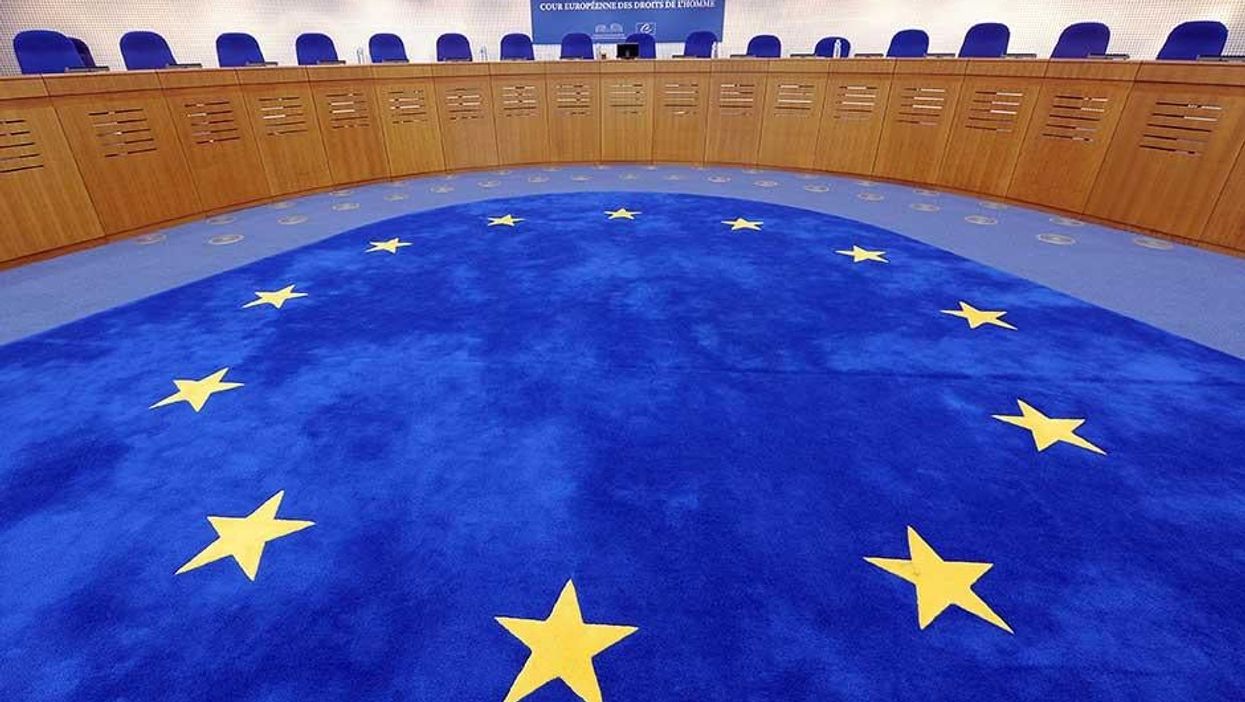News
Dina Rickman
Oct 02, 2014

Protecting children who have been beaten by their parents, stopping the police from storing the DNA of innocent people.
We're not sure why some members of the European Court of Human Rights (ECHR) has become so controversial among the Conservative party.
The party today announced plans to scrap the Human Rights Act and replace it with a British Bill of Rights if they win the next election, emphasising they could leave the system if Westminster’s sovereignty is not recognised.
Here are some judgments from the court that you probably won't hear David Cameron talking about as he defends those plans:
Banning fines for immigrants who want to get married: O'Donoghue and Others v the United Kingdom (2010)
A scheme which charged immigrants a fee if they were not planning a Church of England wedding was ruled a violation of the right to marry (article 12).
Protecting a child being beaten by their stepfather: A. v. the UK (1998)
When a minor was hit repeatedly and forcefully with a wooden cane by his stepfather, the stepfather was acquitted of actual bodily harm by a jury who had accepted his defence of "reasonable chastisement". But the ECHR ruled it was a violation of the child's right not to experience inhuman or degrading treatment (article 3).
Protecting siblings from sexual abuse: Z. and Others v. the UK (2001)
After a local authority failed to protect four children from serious physical and sexual abuse by their parents, the ECHR ruled their right not to experience inhuman or degrading treatment (article 3) had been violated and they were given compensation.
Stopping a man being prosecuted for having gay sex: B.B. v. the UK (2004)
When an adult man was prosecuted for "buggery" after having consensual sex with a 16-year-old during the period when the age of consent for homosexual intercourse was 18 years of age, the ECHR ruled that his right to a private life (article 8) had been violated.
Protecting the freedom of the press: Sunday Times (No. 1) v. the UK (1979)
The ECHR ruled an injunction imposed on the Sunday Times which prevented them reporting on the thalidomide scandal violated their right to freedom of expression (article 10).
Stopping police keeping the DNA of innocent people: S. and Marper v. the UK (2008)
The court found that storing the DNA of people who had been acquitted or released without charge on police databases was a violation of their right to privacy (article 8).
Helping a disabled woman keep her dignity: McDonald v. the United Kingdom (2014)
After a council reduced the amount of care available to a severely disabled woman overnight, saying she could use incontinence pads and absorbent sheets instead of a night-time carer visiting her to help her use the toilet, the court ruled that parts of the decision had violated her right to a private life (article 8).
Giving a woman the right to marry: Christine Goodwin v. the United Kingdom (2002)
After Christine Goodwin, a male to female transsexual, complained that there had been no legal recognition of her changed gender, particularly as she had no right to marry, the ECHR ruled that there had been a violation of her right to respect and family life (article 8). The judgement is considered a milestone in the campaign for transsexual equality.
More: Quiz: How much do you actually know about the Human Rights Act?
Top 100
The Conversation (0)
x













